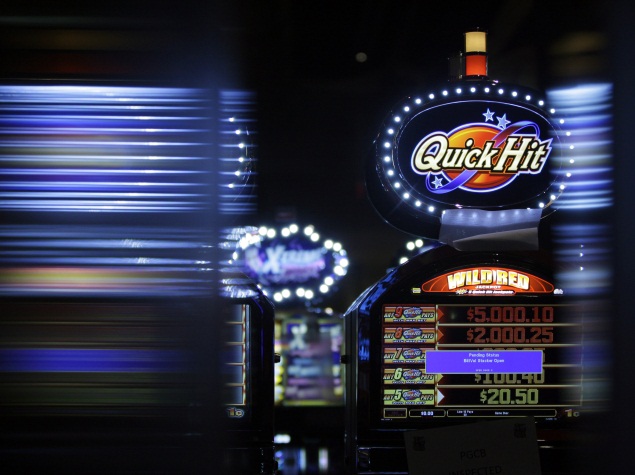Play all audios:
Las Vegas Sands Corp. brought its worldwide websites back online on Monday after a hacking attack forced the company to shut its home pages and other online operations last week, a spokesman
said. The sites were "not the identical versions" of what they were before the company was hacked, spokesman Ron Reese said. He said select content was different on the new web
pages, but he declined to say what else had changed. On Friday, the company began making progress on restoring employee email, which was also targeted in the hacking attack, Reese said.
(ALSO SEE: Hackers breach websites of Venetian, Palazzo and other casinos in Las Vegas) Las Vegas Sands, which owns the Venetian on the Vegas Strip as well as casinos in China and Singapore,
is working with investigators to identify who defaced its web pages and also exposed sensitive employee information, including Social Security numbers, Reese said. Instead of the normal
display, the hacked website showed a map of the United States with images of flames marking Las Vegas Sands casino locations along with a photo of Sands Chairman Sheldon Adelson and Israeli
Prime Minister Benjamin Netanyahu, according to screen shots of the website, published in the Las Vegas Review-Journal. Two typed messages are sprawled across the screen. One says,
"Damn A, don't let your throat cut your tongue." The other reads, "Encouraging the use of weapons of mass destruction, under any condition, is a crime." Adelson, a
major contributor to conservative causes, caused controversy last October by suggesting that the United States fire a nuclear bomb at Iran rather than negotiate, according to published
reports. Reese said Las Vegas Sands was trying to determine what, if any, customer information had been accessed by the hackers. The attack was launched on February 10, when the
company's email system was shut down. The next day, websites for U.S., Chinese and Singaporean casinos went offline, and "undergoing maintenance" messages were displayed on
the home pages for nearly a week. _© Thomson Reuters 2014_

